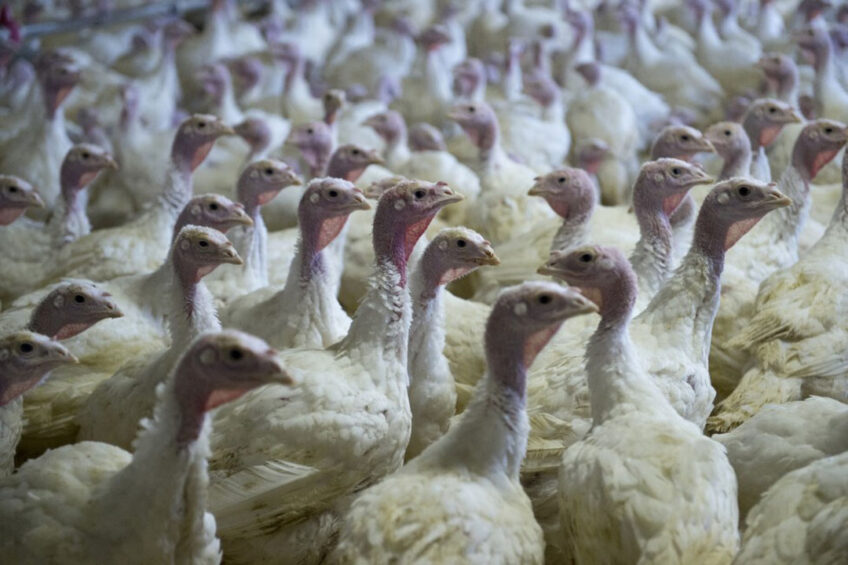New government support for poultry industry coping with bird flu

The Department for Environment Food and Rural Affairs (Defra) has announced a package of support measures to help farmers and producers challenged with the worst-ever bird flu outbreak, which has seen more than 200 cases across the UK in the past year.
Under the new plans, the existing bird flu compensation scheme will be altered to allow support to be paid to farmers from the outset of planned culling rather than at the end. This will help stem any cashflow pressures and give earlier certainty about entitlement to compensation. The payments better reflect the impact of outbreaks on farmers.
An easing of marketing rules
In consultation with the Food Standards Agency, an easing of marketing rules is also being introduced in England. Farmers who breed turkeys, geese or ducks for their meat will have the option to slaughter their flocks early and to freeze products, which can then be defrosted and sold to consumers between 28 November and 31 December.
Aimed at the turkey sector
The measure is particularly targeted towards the UK turkey industry which produces 11 million birds every year with just two-thirds consumed over the Christmas period.
Farming minister, Mark Spencer, said he hoped the practical solution would help provide greater financial certainty over business planning: “We very much appreciate the continued cooperation from the sector as we battle this insidious disease and will continue to keep the situation under close review.”
Areas for action
The announcement followed calls ahead of a meeting with biosecurity minister, Lord Benyon, by the National Farmers’ Union poultry board chair, James Mottershead, for action in 4 areas:
- Expand the regional housing measures on a national basis to reflect the increase in the levels of risk across the country.
- Ensure that the government’s compensation protocol and payment scheme for premises which are confirmed with avian influenza is fit for purpose.
- Review the marketing legislation which currently provided a 16-week protection period for the marketing of free-range eggs when government housing measures are imposed.
- Provide support on longer-term measures for the government and industry to deal with avian influenza as an annual occurrence – i.e., research into vaccination.
The bird flu situation in the past month has been particularly bad in East Anglia and mid-Norfolk. MP George Freeman said it was now time for Defra to “get on much more of a war footing”.
“Whitehall and Westminster have traditionally taken the view that if a few birds die every now and again it is not a big problem, but I don’t think that’s fair on an industry where the margins are so small,” he said.
 Beheer
Beheer




 WP Admin
WP Admin  Bewerk bericht
Bewerk bericht